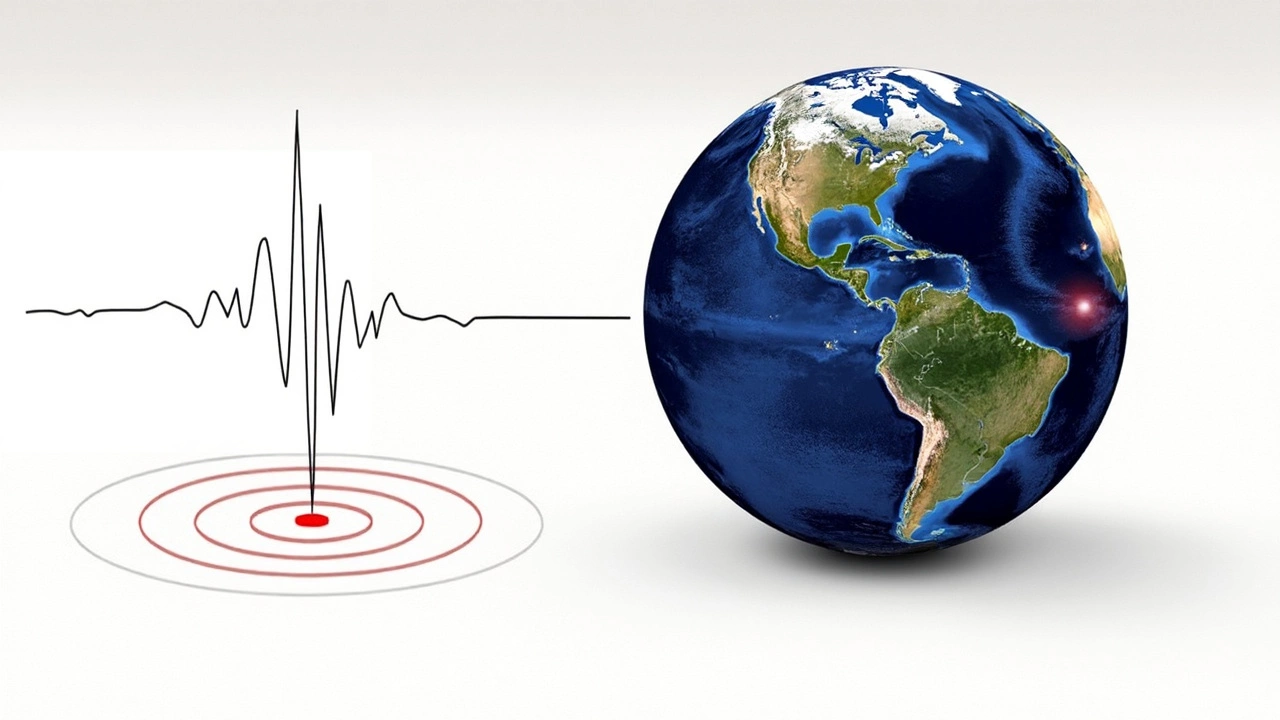Pakistan Quake – Latest News, Impact, and Safety Tips
Are you wondering what’s happening after the recent tremor in Pakistan? You’re not alone. Every few hours new updates pop up—magnitudes, damaged towns, rescue teams on the move. This page pulls the most useful info together so you can understand the situation, know where help is headed, and learn how to protect yourself if another shake hits.
Recent Earthquake Activity
On April 12, 2025 a magnitude 6.2 quake rattled the northern region of Khyber Pakhtunkhwa. The epicenter was near the city of Peshawar, and shaking was felt as far south as Islamabad. Dozens of houses collapsed, roads cracked, and power went out in several districts. Local authorities reported over 150 injuries and a handful of fatalities. Aftershocks, ranging from 3.5 to 4.8, kept residents on edge for days.
Rescue crews from the National Disaster Management Authority (NDMA) arrived within hours, using search‑and‑rescue dogs and drones to locate trapped people. International NGOs, including the Red Crescent and UNICEF, set up temporary shelters and started distributing food, water, and blankets. The government announced a Rs 5 billion relief fund to speed up reconstruction of schools and health centres.
Scientists say the region sits on the boundary of the Indian and Eurasian plates, making it prone to frequent seismic activity. The USGS and Pakistan Meteorological Department are monitoring tremors 24/7, and they’ve issued a yellow alert for possible aftershocks in the next two weeks. If you live nearby, keep your radio or phone alerts on.
How to Protect Yourself
First thing—don’t panic. When the ground starts shaking, drop to your knees, cover your head with your arms, and hold on to something sturdy. If you’re inside, stay away from windows, glass doors, and heavy furniture that can fall. If you’re outdoors, move to an open area away from power lines and tall structures.
After the quake, check for injuries and administer basic first aid. Look for gas leaks; if you smell gas, turn off the valve and call the utility company. Use a flashlight, not candles, to avoid fire hazards. Keep a small emergency kit ready: water bottles, non‑perishable food, a whistle, a basic medical kit, and copies of important documents.
Community preparedness matters too. Join local safety groups, attend NDMA drills, and learn the evacuation routes for your neighborhood. If you own a house, consider retrofitting it with earthquake‑resistant brackets and reinforced walls. Even simple steps like securing heavy shelves to the wall can save lives.
Finally, stay informed. Follow reliable sources such as the Pakistan Meteorological Department, NDMA, and reputable news outlets. Social media can be useful, but beware of rumors that spread quickly after a disaster. Accurate info helps you make the right choices for yourself and your family.
Pakistan has faced many quakes in the past, but each event teaches us how to respond better. By keeping calm, preparing ahead, and listening to official updates, you can reduce the risk of injury and support the recovery effort. Stay safe, stay informed, and share these tips with anyone you know who might be affected.
Afghanistan Earthquake Sends Shockwaves Across Delhi-NCR, Jammu & Kashmir, and Pakistan: What We Know
A 5.8 magnitude earthquake rocked Afghanistan on April 19, 2025, sending tremors across Delhi-NCR, Jammu & Kashmir, and Pakistan. No injuries or major damage are reported, but the widespread panic sheds light on the region's ongoing seismic vulnerability.
